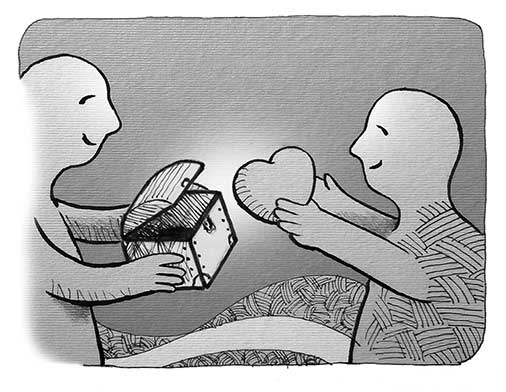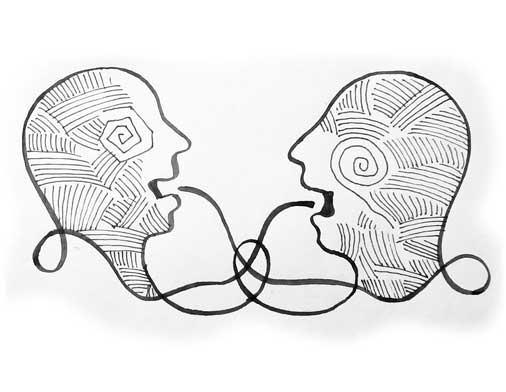Lovescaping®
incorporates the following 15 pillars, each of which stands to support the structure of love.


Respect
When we respect someone, we give them our consideration and appreciate their point of view and life experiences. We acknowledge others and accept without prejudice.

Care
When we care we acknowledge the importance of another person’s wellbeing. We show kindness and empathy towards them and offer our support to them.

Honesty
When we are honest we are being truthful, open and transparent. We are sincere and genuine in our words and deeds.

Communication
When we communicate we listen, exchange thoughts and feelings, and create solutions together.

Empathy
When we have empathy we are able to understand the feelings of another.

Trust
When we are trustworthy we are reliable and sincere in our convictions.

Patience
When we are patient we learn that meaningful things take time, and we accept delays or difficulties with grace, understanding and self-restraint.

Compassion
When we are compassionate we recognize the suffering of others and share what they are feeling.

Liberation
When we are liberating ourselves and others, we can experience new freedoms and erase boundaries.

Humility
When we are humble we recognize that nobody owns the Truth. We are courteous, unpretentious and respectful of others.

Vulnerability
When we are vulnerable we open ourselves to embrace others and new situations.

Solidarity
When we live in solidarity, we unite with a common goal. We work and live together with a common bond.

Hope
When we are hopeful we have faith and positive outlooks towards the future. We have an inspired and confident optimism.

Gratitude
When we are grateful we are appreciative and thankful.

Forgiveness
When we forgive we let go of negative emotions such as anger and resentment that we may feel towards another.
